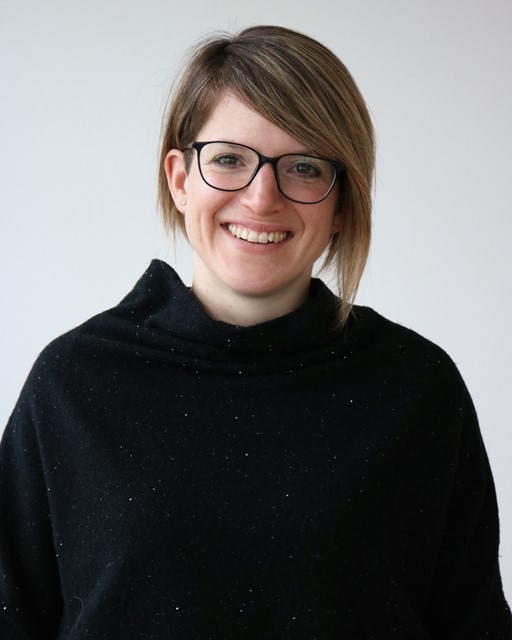
Open Access and Authorship Data
How has Open Access (OA) changed the way that we look at authorship data? Do different stakeholders look at authorship differently? Does it matter more for some OA models than others? And are we putting too much emphasis on the corresponding author and institutional affiliation? These are some of the questions we'll try to unpack together with our three guest speakers as we dive into the topic of Open Access and authorship data.
Summary
Last Thursday, we hosted yet another of our inspiring educational webinars – this time under the headline “Open Access and Authorship Data”!
We welcomed an engaging panel of guest speakers to help us uncover the topic and discuss how Open Access (OA) has made us look at authorship differently and what the implications of Open Access are.
With us were Miguel Peralta, International Sales Manager at Rockefeller University, Tyler Ruse, Director, Publisher Solutions at Digital Science, and Matthew Covey, University Librarian at Rockefeller University.
For the webinar, we jumped into three different aspects, one of them being how Open Access has changed how you look at authorship data in the different organizations; how things were done “pre” Open Access, what’s happened now, and the implications of it.
To Miguel Peralta, it’s an interesting aspect because much of what we were discussing in this webinar wasn't related to Open Access, as such. Publishers have had authorship data for as long as they've been publishing and have been using it and looking at it for as long as subscription has been the dominant model. The movement toward Open Access has really necessitated that publishers interpret and analyze author data to enter into OA agreements as well as to ensure their success. Because of this, author data has gained a new purpose. This process of interpretation is the process of applying affiliations to institutions so that authorship can be understood in the context of institutional production. “We, as publishers, yearn for something very simplistic and unified and easy to understand – but, in fact, authorship is inherently complicated”, Miguel said.
“It’s an interesting two sides of the same coin environment”, Matthew Covey added. Historically, as a library, they were more interested in affiliation as a post-facto scenario where you were looking at information people were publishing as a metric you’d be reporting back to your administration; what and where people were publishing, how often, etc. Now, with more transformative agreements, the library is looking at author affiliation in real-time, during the publishing process, with how information relates to different arrangements with publishers and organizations, and to determine if an author is part of a deal that we've signed.
Tyler Ruse is looking at data all the way downstream so having full authorship data on a platform like Dimensions, where you can develop a data model then isolates authorship and roles in meaningful ways and analyzes on the aggregate level, for example across publishers, countries, institutions, or subjects, and makes informed decisions based on that. Having that kind of clean data is really key in determining future trends, by looking at what has happened historically, you can pull out certain criteria like author role and affiliation and determine where it's likely to go in the future, in terms of publication volume overall, or by type of OA model.
If you want to hear all key aspects from our speakers in this webinar, go ahead and watch the full recording above. Enjoy!
Product Manager at
ChronosHub
Romy Beard
Romy is specialized in the academic online publishing industry, with a focus on publisher relations. And she’s one of our key experts in Open Access publishing terms.

University Librarian, Rita and Frits Markus Library at
The Rockefeller University
Matthew Covey

Matt Covey is the University Librarian at the Rita and Frits Markus Library at The Rockefeller University. Matt is interested in open access, data management, and new metrics to capture the impact of publications.
Institutional Sales Manager at
Rockefeller University Press
Miguel Peralta

Miguel joined Rockefeller University Press in the fall of 2020, after spending his early career in data analytics and operations at Cambridge University Press. He is working towards transforming RUP’s three journals to fully Open Access.
Director, Publisher Solutions at
Digital Science
Tyler Ruse

Tyler joined Digital Science in 2017 and spends most of his time helping publishers get business value out of various data-focused products. Tyler currently lives and works in Boulder, Colorado, USA.
